Kenya
During Russia’s invasion of Georgia in 2008 I got a close look at Moscow’s troops and their kit. These contractniki were a ragged bunch with rotting teeth, bad boots and homemade tattoos, using weapons and vehicles that seemed like hand-me-downs from a failed state in Africa. I had expected them to be much smarter. Recently my spooky friends told me that Putin’s military invading Ukraine was now a modernised, well-trained force. Instead it appears that Moscow’s generals have stolen the diesel, supplied the mechanised brigades with ageing knock-off Chinese tyres and sacked all the dentists.
I haven’t visited Luhansk and Donetsk, but I bet they are a version of the Black Sea city of Sokhumi, which Russia seized for the Abkhazians who rebelled against Georgia in the 1990s. The thing that struck me about Sokhumi, apart from the strange resemblance inhabitants bore to members of Boris Johnson’s family, was that there were more donkey carts and cattle than cars. In Abkhazia, entire towns had become forests of oleander, silent but for cicadas, random gunfire and bored youths effecting handbrake turns in battered Ladas. It was like a zombie movie, deserted since the Abkhazians had ethnically cleansed all Georgians. In the aftermath, nothing was left in this illegal state, except peasants in their villages, eating yoghurt and honey and drowning their sorrows in chacha brandy.
The Ukrainians can’t be cleansed from their own homeland – so I wonder if Ukraine will become like Somalia. The Somalis thought nothing of losing a thousand men to kill a handful of American special forces in the Black Hawk Down battle of 1993. In Mogadishu I watched the clan militias firing dozens of rocket grenades at overflying American helicopters, which brought them down in swirling balls of fire. During the years after foreign troops abandoned Somalia, Islamist militias turned every street into a terrifying avenue of explosions and when a convoy I was in got half blown to bits by an IED, I remember thinking how completely helpless one was facing a force of insurgents.
Wars in Africa taught me that insurgents hardly need supplies of sophisticated weapons from overseas. It seems to me that the Ukrainians are already capturing more than they need for the next phase of the conflict. In Ethiopia, a gang of ten students from Addis Ababa University took to the bush in 1976 to fight the communist regime of Mengistu Haile Mariam. Inspired by Marx, the Black Panthers and Orde Wingate, they robbed banks for money and police stations for rifles. With their booty, they recruited peasant fighters and after 16 years they rolled into the capital with a combined army of a hundred thousand men and women, complete with a regiment of captured Russian tanks.
‘What do you need to start a guerrilla war?’ a correspondent friend of mine asked the Congolese rebel leader Laurent-Désiré Kabila. ‘Ten thousand dollars and a telephone,’ Kabila replied. ‘You use the dollars to recruit fighters. The phone you use to call the world’s press after your first attack.’ Eventually, Kabila won his war. The Ukrainians have clearly already won the public relations war. It doesn’t matter that the figures on Russian losses of men, tanks and aircraft are grossly inflated. ‘How many men did your forces lose in that battle?’ I asked a South Sudanese guerrilla officer once. ‘Six,’ he said. ‘How many enemy did you kill?’ ‘Six thousand,’ he said. Eventually, the South Sudanese won. But what came next?
What comes next is that war turns into a way of life, with an economy in which gangsters become rich and do not want it to end. Currently we think of the Ukrainians as a heroic people who are dignified and united in their opposition to the invaders. The tragedy of civilian deaths, the vast numbers of refugees and displaced people, the destruction of cities, the unplanted wheat fields, these will be the things that consumers of the news will be moved by in the coming months as the ragged Russian forces advance. As the shock of what’s happened becomes routine, ruthless people will see there’s a fortune to be made. Europe will not have the capacity to give sanctuary to the 12 million Ukrainians forecast to leave their homes. Large numbers will be clustered in the country’s west and then it will become a business involving aid groups bargaining with unscrupulous men who understand that tremendous amounts of money can be made out of humanitarian aid.
Got something to add? Join the discussion and comment below.
Get 10 issues for just $10
Subscribe to The Spectator Australia today for the next 10 magazine issues, plus full online access, for just $10.
You might disagree with half of it, but you’ll enjoy reading all of it. Try your first month for free, then just $2 a week for the remainder of your first year.


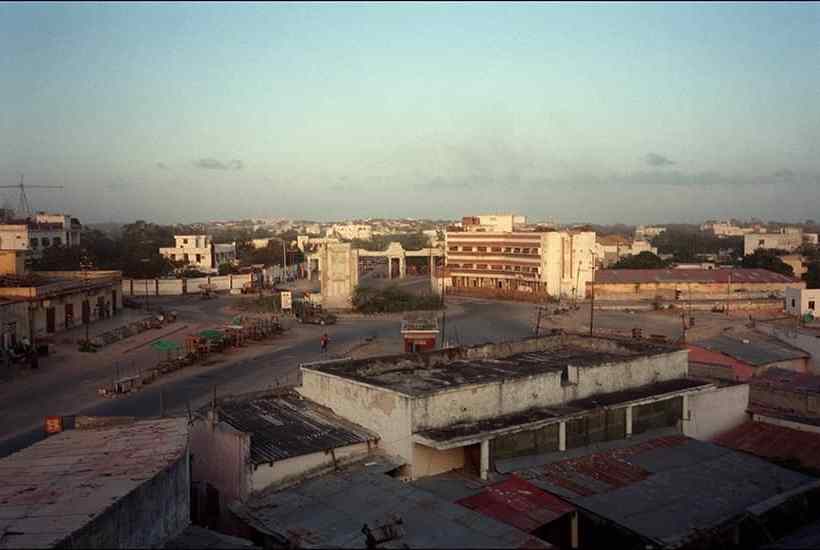
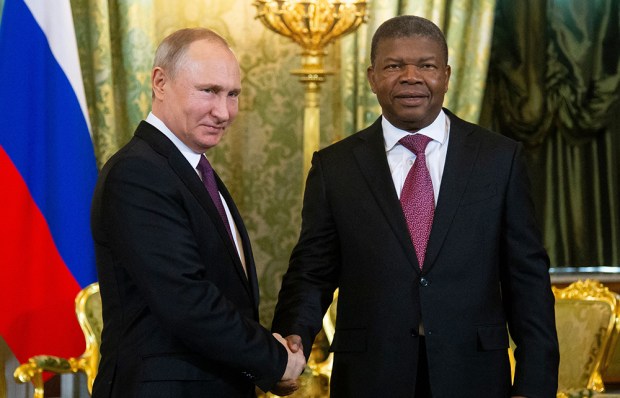
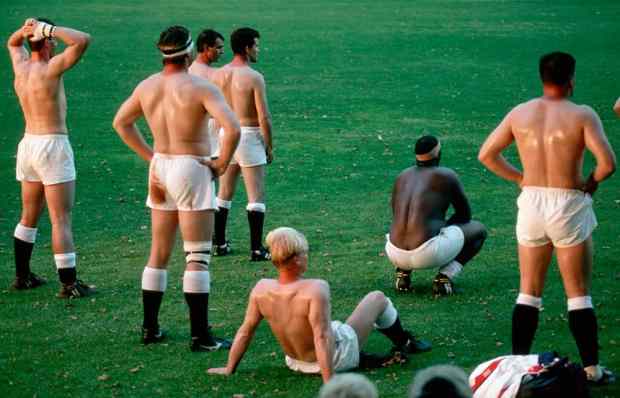
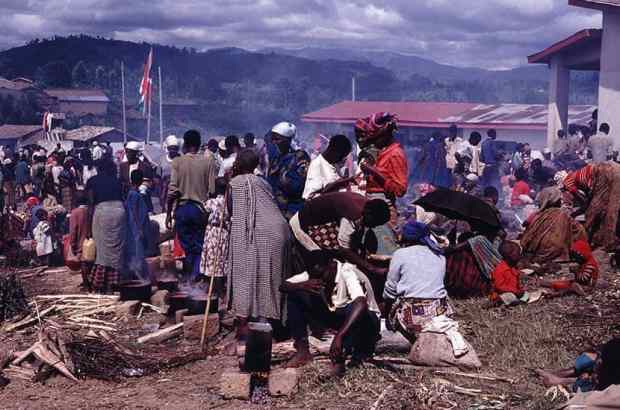
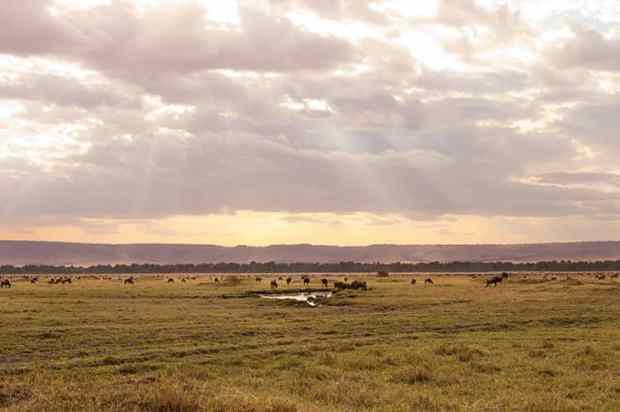
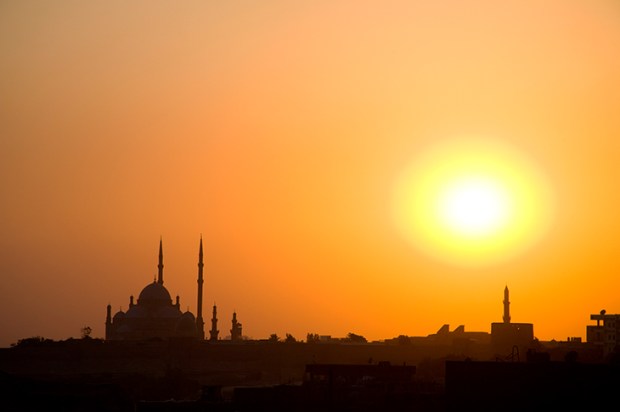
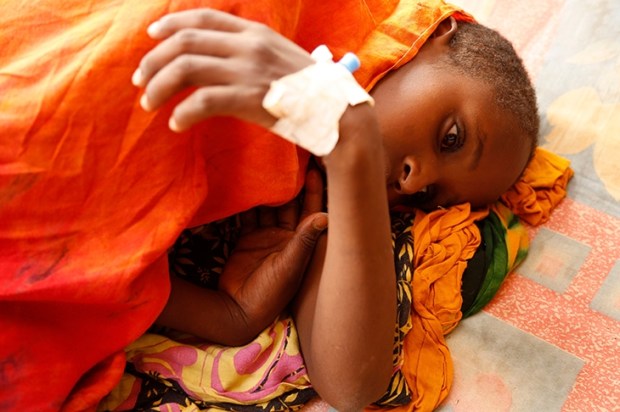






Comments
Don't miss out
Join the conversation with other Spectator Australia readers. Subscribe to leave a comment.
SUBSCRIBEAlready a subscriber? Log in